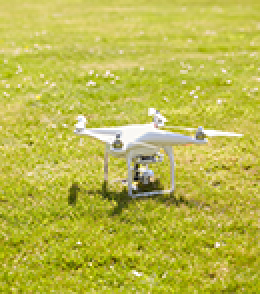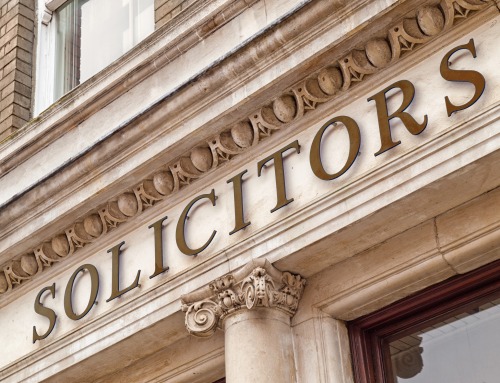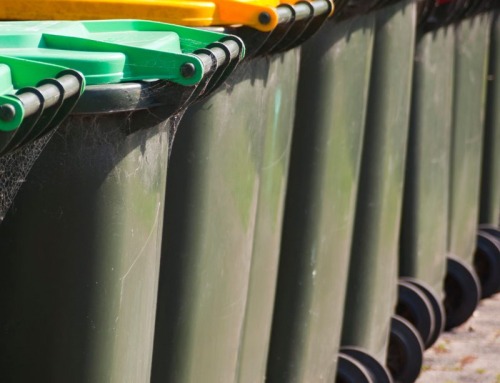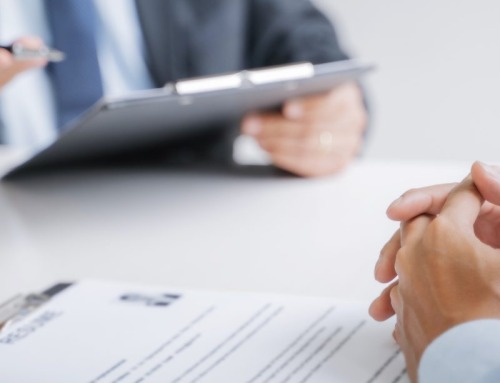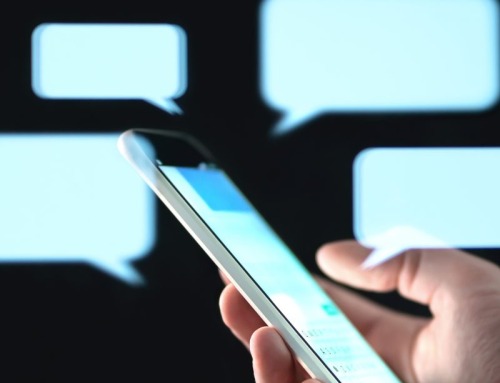Whether you’re an aviation enthusiast, photographer or just interested in technology, many of you may have operated a drone or received one as a gift for Christmas.
The increase in the popularity of drones has led to the introduction of rules and regulations to reduce the potential risks of piloting drones. In Australia, if you are operating a small recreational drone, you need to comply with the following standard operating conditions developed by the Civil Aviation Safety Authority (CASA):
Only fly your drone within visual line of sight i.e. where you are able to see the drone with your own eyes. This means that you cannot fly your drone at night;
Only fly your drone to a maximum height of 120m;
Do not fly closer than 30 metres to vehicles, boats, buildings or people;
Do not fly the drone over populated areas i.e. areas where the drone would pose an unreasonable risk to life, safety or property; and
Do not fly your drone within 5.5km of:
a controlled aerodrome or;
an un-controlled aerodrome if there are manned aircraft in operation.
If you break the rules, CASA can issue infringement notices of up to $8,500 per offence. If you put people at risk or injure someone, the penalties may be more serious.
Operating a commercial drone
Commercial use of a drone includes anything that a pilot does for hire or reward e.g. connecting a camera to a drone for the purpose of gathering footage to use in a production.
If you are operating a commercial drone that weighs over 2kg, you need to be registered with CASA and have an operator’s certificate. If you are operating a drone under 2kgs, you can conduct commercial work without an operator’s certificate if you first inform CASA via registration.
Recreational drones equipped with a camera
The law is unclear regarding the use of recreational drones and privacy.
Under the Privacy Act, an individual can take action against a drone pilot if the pilot is working for an organisation with at least $3 million in annual revenue.
Recreational drone operators may find themselves in breach of privacy or trespass laws, depending on how and where the drone is flown and what footage is recorded. For this reason, CASA advises recreational drone users to respect personal privacy by not recording or taking photos of people without their consent.
Recreational Drone Liability
Individuals piloting recreational drones may be liable for any injuries or damage they cause as a result of negligent piloting. A third party can bring an action in negligence or trespass for damage caused by the pilot and recover compensation. This means that if you have an accident using your drone, particularly if a third party is involved, it may result in serious and costly liability implications.
Other points to keep in mind
Privacy of other people should be respected by not flying near homes and backyards;
Never fly a drone near an active bushfire. Firefighting aircraft will be grounded if a drone is conducting unauthorised flights;
Drones should be kept away from police operations, accident scenes and rescue operations; and
Be aware of the risks involved in piloting a drone and take care to avoid them.

